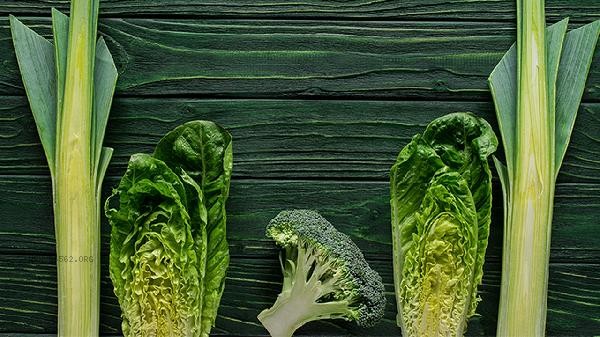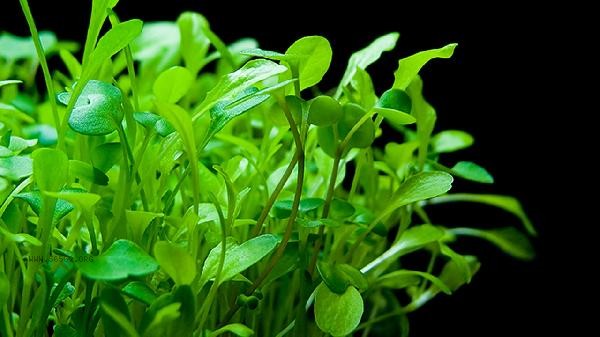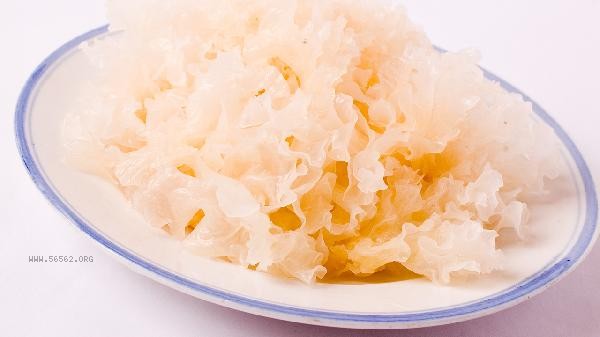Coarse fiber foods mainly include oats, brown rice, celery, broccoli, beans, etc. Coarse fiber is a type of dietary fiber that can promote gastrointestinal peristalsis, aid digestion and absorption, and is suitable for people with constipation or those who need to control their weight to consume in moderation.

1. Oats
Oats are rich in soluble and insoluble dietary fiber, among which β - glucan can slow down gastric emptying and help maintain blood sugar stability. Oatmeal or oat bran can be eaten as breakfast, but those with weak gastrointestinal function should pay attention to controlling their intake to avoid causing bloating.
2. Brown rice
Brown rice retains the outer shell and embryo of rice, and its dietary fiber content is several times that of polished white rice. The cellulose in its outer bran can increase satiety and is suitable as a substitute for staple food. People with poor digestive ability can reduce their single consumption or mix it with white rice for cooking.
3. Celery
Celery stems contain a large amount of coarse fiber, which can stimulate saliva secretion and promote gastrointestinal peristalsis when chewed. Its unique apigenin also has anti-inflammatory effects. It is recommended to mix cold or stir fry quickly to preserve nutrients, but patients with gastric ulcers should control their intake of raw celery.

4. The stem and flower buds of broccoli are rich in insoluble fiber, with a content per 100 grams higher than that of ordinary vegetables. The sulforaphane contained in it can also help detoxify the liver. The steaming method is the most effective in preserving its fiber activity, and individuals with thyroid dysfunction should pay attention to consuming it in moderation.
5. Beans
Beans such as soybeans and black beans have both soluble and insoluble fiber, and their oligosaccharide components can promote the proliferation of probiotics. It is recommended to soak and fully cook in advance to reduce the risk of bloating, and gout patients should control their intake frequency.
Different coarse fiber foods can be alternately selected in daily diet, combined with sufficient water to achieve the best effect. Elderly people and postoperative gastrointestinal patients should gradually adapt from a small amount, and adjust their intake when experiencing persistent bloating or diarrhea. Long term high fiber diets should pay attention to supplementing minerals such as iron and zinc to avoid nutrient absorption obstruction. Special populations are advised to develop personalized dietary plans under the guidance of nutritionists.









Comments (0)
Leave a Comment
No comments yet
Be the first to share your thoughts!